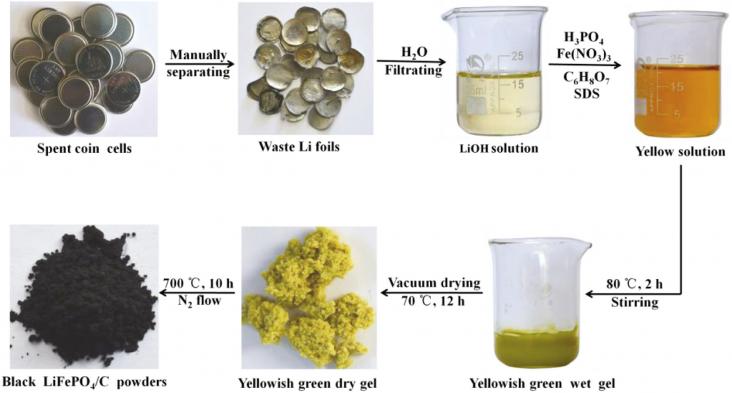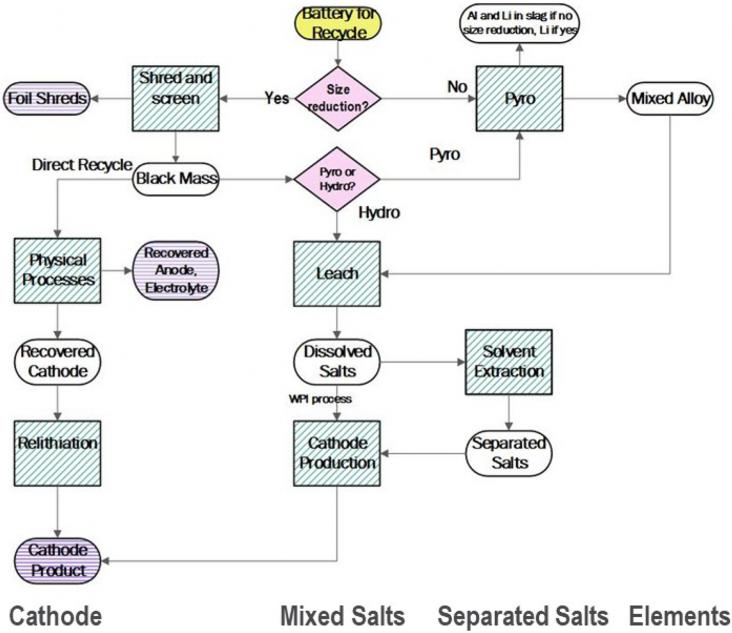Towns and cities worldwide emit significant pollution and are also increasingly affected by pollution's health and climate impacts.
Activities in the food-energy-water nexus require ecosystem services to maintain productivity and prevent ecological degradation.
The concern regarding alternate sources of energy is mounting day-by-day due to the effect of pollution that is damaging the environment.
The use of biomass for energy production is one way to ensure energy security and address the environmental issues related to the use of fossil fuels in developing countries.

Waste Li foils in the spent experimental Li-coin-cells may bring the potential risk and the waste of Li-resource if they aren't reasonably treated in time.
An ability to separate battery electrode materials while preserving functional integrity is essential to close the loop of material use in lithium-ion batteries.

There is a need to develop technology to enable a resource-efficient and economically feasible recycling system for lithium-ion batteries and thus assure the future supply of the component material
The European Union implemented Ecodesign and Labelling Directives to support the market diffusion of energy efficient products.
Sustainable use and management of nutrients is an important issue for food, energy and water systems.
The increase in population coupled with rising per capita income and associated change in consumption habits will put unprecedented stress on food, energy and water (FEW) resources.
